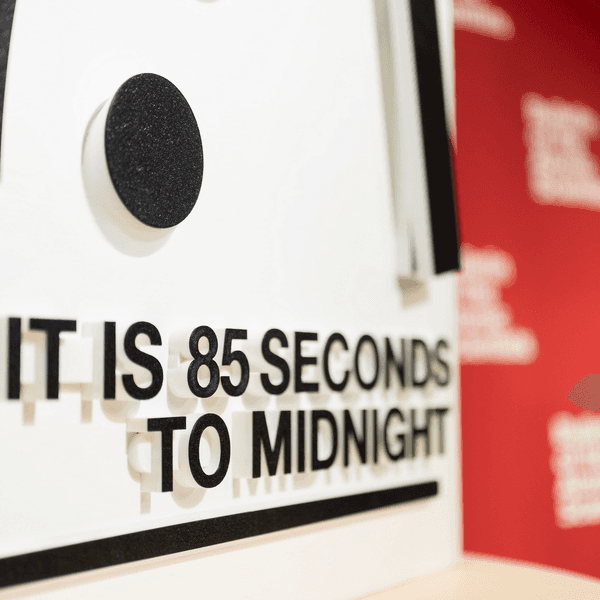More than 50 organisations and individuals from around the world have joined forces with Greenpeace and called for investments in safe, renewable energy in order to end the threat of nuclear power. That message is in the form of an open letter (pdf) being delivered to world leaders following the first anniversary as a reminder that the Fukushima nuclear disaster must be seen for what it is: another overwhelming piece of evidence that nuclear energy can never be safe and must be phased out.
Signatories include Archbishop Dr. Desmond Tutu, Nobel Peace Laureate; Marina Silva, former Brazilian Environment Minister; Senator Bob Brown, Australian Green Party Leader; John Hall, former US Congressman; Richard Harvey, international Human Rights lawyer. In addition, several artists; leaders of human rights, labour, development and environment organisations, such as Action Aid International, Health Care without Harm, Friends of the Earth US, CIVICUS, the Feminist Task Force of the Global Call to Action against Poverty, and many national non-governmental organisations.
Since the Fukushima nuclear disaster, most governments have demonstrated that they have learned nothing from the accident and remain more concerned about protecting the profits of the nuclear industry than protecting people.
Two supporters of the letter echo the letter's clear alternative to nuclear energy. Bernd Nilles, Secretary General of CIDSE, an international alliance of Catholic development agencies said: "Today, we have a moral duty to produce energy that is both clean and safe. The memorial of Fukushima reminds us that we must shy away from energy sources that put people and the planet at risk. Prolonging our dependence on unsustainable energy sources is only a distraction from urgently needed real solutions. Saving energy, increased efficiency and a focus on renewables would go a lot further in providing sustainable energy access to all, including the poorest. These are the kind of solutions we should invest in."
And US political activist, author, lecturer and attorney Ralph Nader said: "Atomic energy is too uneconomical, too unsafe, too uninsurable, too unneeded, too under-regulated, too unevacuable, too tax-payer-guaranteed and too much of a national security risk to continue operating in any country that respects present and future generations' right to accelerating priorities for energy efficiency and renewable energy."
From the open letter: it is time to end the threat of nuclear power. That threat could be ended if governments had the political will to phase out nuclear and invest in a modern energy system based on energy conservation and clean, green energy.




